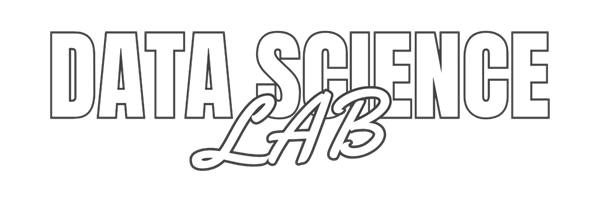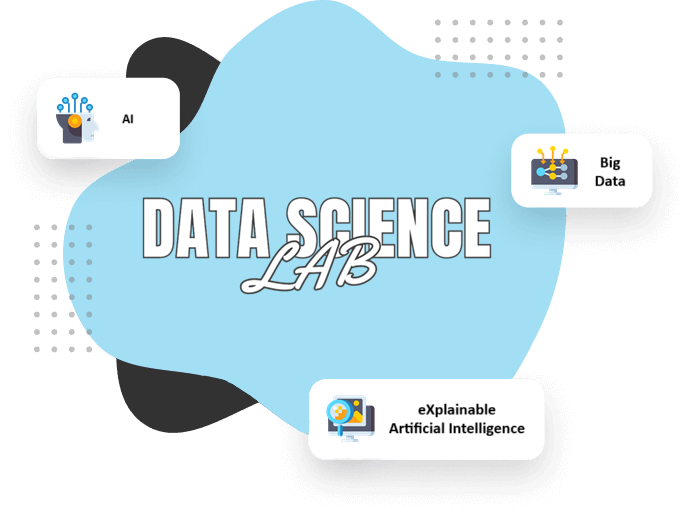

Mission
The Data Science Group at Politecnico di Milano is concerned with studying all aspects of data science – seen as a sound scientific discipline – and then developing methods, tools, technologies, and applications for its effective deployment in real-world problems.
From a didactic point of view, the group is promoting DATA-SHACK, an innovative project jointly managed by the Department of Computer Science (DEIB) at Politecnico di Milano and the Institute for Applied Computational Science (IACS) at Harvard’s John A. Paulson School of Engineering and Applied Sciences (SEAS). We also organize the DATA-LIFE project, which is an interdisciplinary education experience involving students and professors from NYU and from both the DEIB and Design department at Politecnico di Milano.

From a technological point of view, the group is developing tools covering most of the above topics, employing diverse methodologies that include, but are not limited to, data modeling and integration, information retrieval, data and text mining, graph and network science, embedded and stream analytics, human-computer interaction.
From an application point of view, the group is concerned with a variety of problems, ranging from with a current focus on finance, life sciences, social analytics, misinformation, smart cities, to event management, to social content monitoring, to social engagement.
Research
more about our research
Our research group employs a diverse range of methods and technologies to tackle complex problems across various domains. These include Conceptual Modeling, Database Management Systems (DBMS), Data Mining, Machine Learning, Embedded/Edge Analytics, Explainability, Graph Theory, Human-Computer Interaction, Natural Language Processing (NLP), and Stream Processing. By integrating these methodologies, we aim to advance knowledge and develop innovative solutions to address contemporary challenges in our research area.

Teaching
Discover all the courses
DATA-LIFE
DATA-LIFE is an interdisciplinary education experience involving students and professors from NYU and from DEIB/Design-POLIMI (Departments of Computer Science and Engineering and Department of Design of Politecnico di Milano).


DATA-SHACK
DATA-SHACK is a collaboration involving students from the Institute for Applied Computational Science (IACS) at Harvard’s John A. Paulson School of Engineering and Applied Sciences (SEAS) and from the Master Courses in Computer Engineering and Design of Communication at Politecnico di Milano.


Join us
Learn more about how to join us
Thesis proposals

We offer a number of M.Sc. thesis proposals for POLIMI students. If you’re interested in a specific topic, reach out to one of our thesis advisors.
Ph.D. Students & Postdocs

If you’re passionate about Data Science and eager to contribute to cutting-edge research, you’re in the right place.
Visiting Scholars

We welcome visiting scholars from around the world who are interested in collaborating with us on Data Science research.
People
Learn more about us
Faculty Members

Anna Bernasconi
Assistant Professor

Francesco Pierri
Assistant Professor

Pietro Pinoli
Assistant Professor

Daniele Braga
Assistant Professor

Alessandro Campi
Assistant Professor




